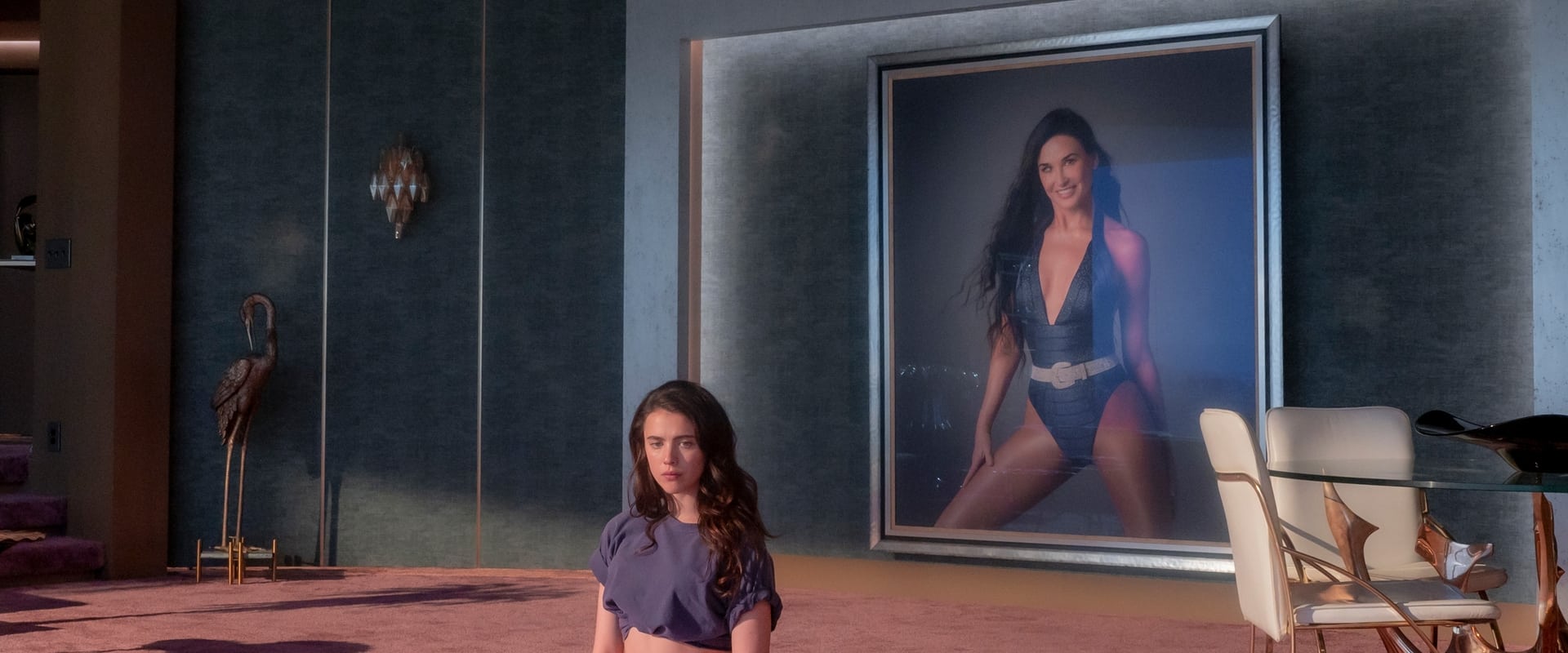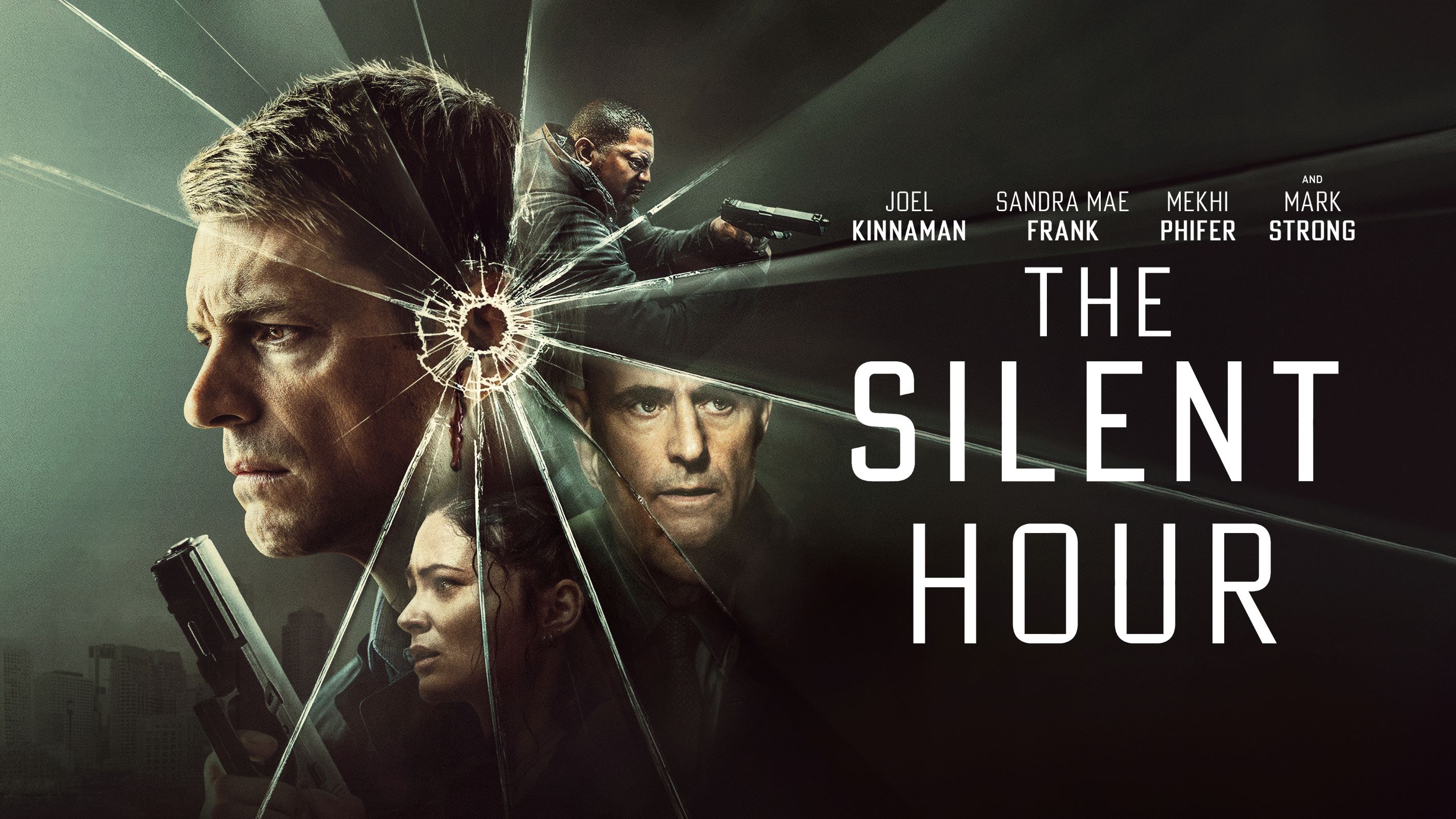Let us all give a moment of silence—not just for what once was the luminous Star Trek franchise, but for the unsuspecting audience, who, wandering into Section 31, finds themselves trapped in a malfunctioning holodeck, gasping for escape. If you’ve ever wondered what happens when corporate storytelling steers a beloved odyssey into the black hole of mediocrity, look no further: Section 31 is a galactic punchline with none of the set-up, and all the pratfall.
We begin with the mighty Michelle Yeoh, forced to stride through this debacle in a moth-eaten empress cape, with all the dignity of a Tony-winner reading cue cards phonetically at a dinner theater. It’s cruel, really—because Yeoh, who could sell you on a performance with a lift of her eyebrow, is here marooned in a script that feels less like a screenplay and more like what you’d overhear from a gaggle of teens brainstorming fanfic on the subway. The supporting cast? It’s as if Paramount+ placed a want-ad for “Slightly Used Sidekicks: Must Contain At Least One Quirk.” There’s poor Omari Hardwick as Alok, the brooding “tactician” clumsily lugging family angst around as if it were his only prop; Sam Richardson as Quasi, whose interstellar shapeshifting would be more entertaining if he could shift into an actual character.
There is, I suppose, a plot—a shambling, incoherent beast stitched together with the sort of narrative logic best left to improv comedy at 1 a.m. The high concept (ex-empress joins a covert team to outwit her old nemesis!) promptly nose-dives into a grainy rerun of every assembly-line betrayal, redemption, and “twist” you’ve seen since the heyday of bargain-bin VHS. At the film’s emotional core stirs San, the cast-off assistant-turned-villain, who sports more unresolved complexes than the Starfleet code but about as much menace as a malfunctioning replicator. Is there anything more numbing than a villain introduced as a walking wound, only to be rehabilitated with miraculous last-minute enlightenment? At this point, the script is so busy checking off clichés, it forgets to grant its characters even a whiff of genuine motivation.
One almost expects Section 31 to poke ironic fun at the franchise’s own history of recycled plots; instead, it careens gleefully into the senseless, as if a roomful of executives had skimmed a Wikipedia page on “Star Trek Themes” and called it a day. We are meant to care about loyalty, redemption, betrayal, the weight of old sins, but this is the sort of existential soup that leaves you hungrier than when you started. It’s “Among Us” in the final frontier—a production so clumsily executed that even the nano-alien-in-a-Vulcan-robot business feels less like high-concept science fiction and more like a rejected episode of Futurama.
A word about the visuals: ever wanted to see warp travel as interpreted by a GoPro glued to a hula-hoop? The camera work spins, wobbles, then lurches, as if the very laws of physics had given up in disgust. The space opera grandeur of classic Trek is replaced by what could kindly be called first-person-shooter vertigo. What’s left is relentlessly ugly—a galaxy of missed opportunities, smeared with soulless CGI and the audio equivalent of a canned laugh track.
Worse still, everything that made Star Trek—that heady cocktail of moral complexity, social inquiry, and hope for our species—has been drained, replaced with a child’s approximation of “complexity”: snarky one-liners, “shocking” betrayals, and a profundity best suited for the lost art of meme creation. When so-called themes bob briefly to the surface, gasping for relevance, they are quickly drowned in a sea of inane repartee and plot points that disappear into interstellar nothingness.
Maybe the most galling aspect is how Section 31 trashes the legacy it claims as birthright. Past installments grappled, audaciously, with exploration, identity, and justice; this one fumbles these same totems so thoroughly you have to wonder if the writers were not just unfamiliar with the series—but allergic to it. The film regards continuity as a vague rumor, logic as an inconvenience, and emotional resonance as a distraction from the “fun.” It’s franchise treason, pure and simple.
In the end—if, that is, you make it to the end, and nothing short of Vulcan stoicism could get you there—Star Trek: Section 31 leaves you not thrilled or enlightened, but sapped, as if the life-force of the franchise has been siphoned off and sold, cut-rate, at an intergalactic yard sale. If Star Trek was ever about boldly going where no one had gone before, here, at last, is a voyage into the irredeemably banal. Listless, formulaic, and insultingly shallow, Section 31 is a wreckage to be avoided at all costs.
If you find yourself with two hours to spare, take my advice: alphabetize your books, meditate on a blank wall, or just enjoy the sound of nothing at all. You’ll find more meaning there than in this joyless, cosmic farce. The wooden spoon for this one? Hardly feels like enough. Would that I could beam up and forget the whole sorry escapade.


